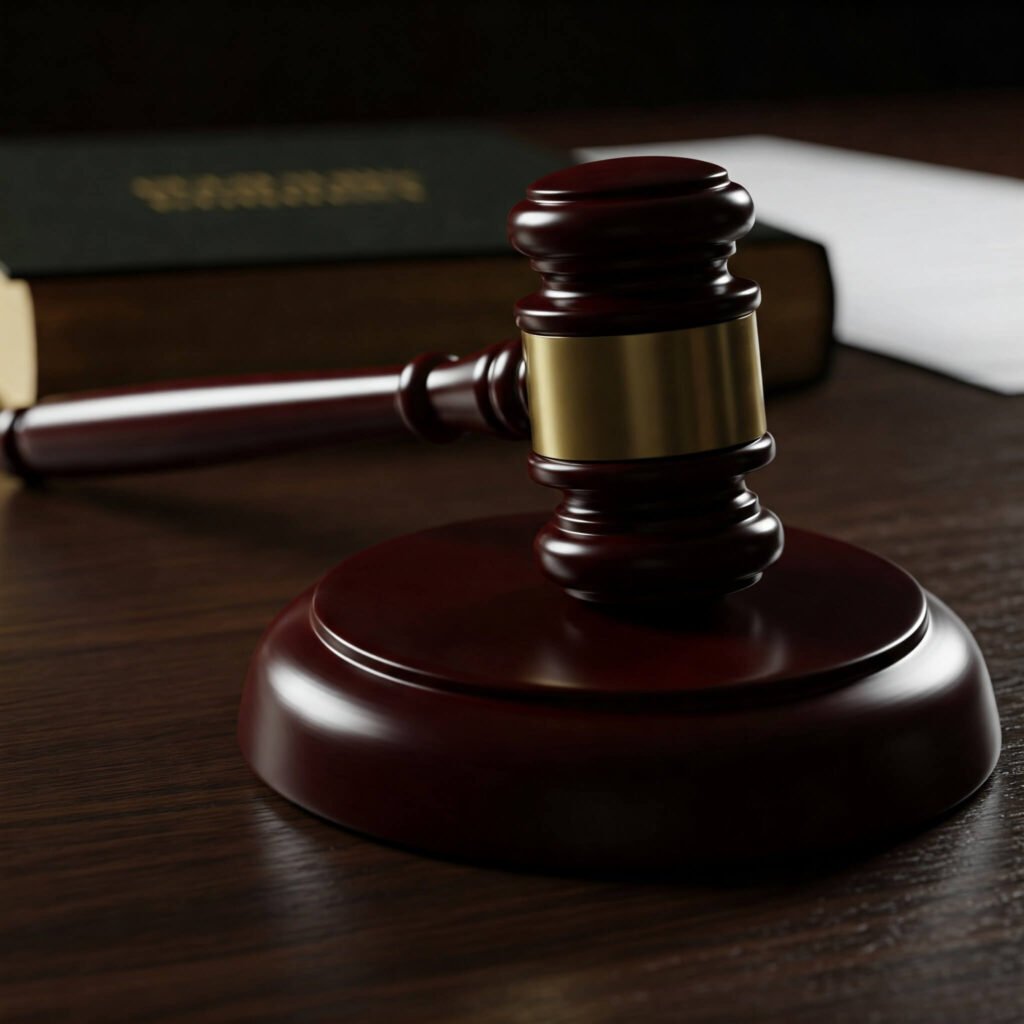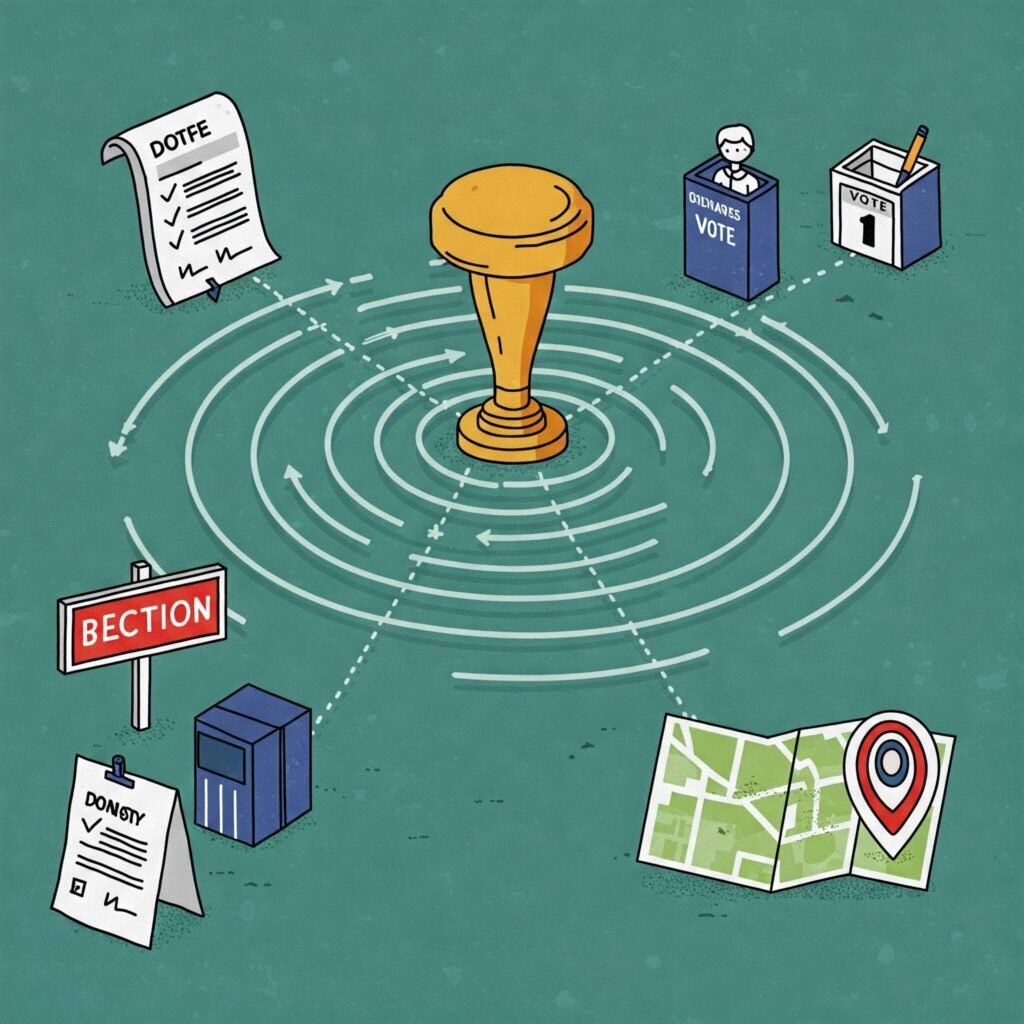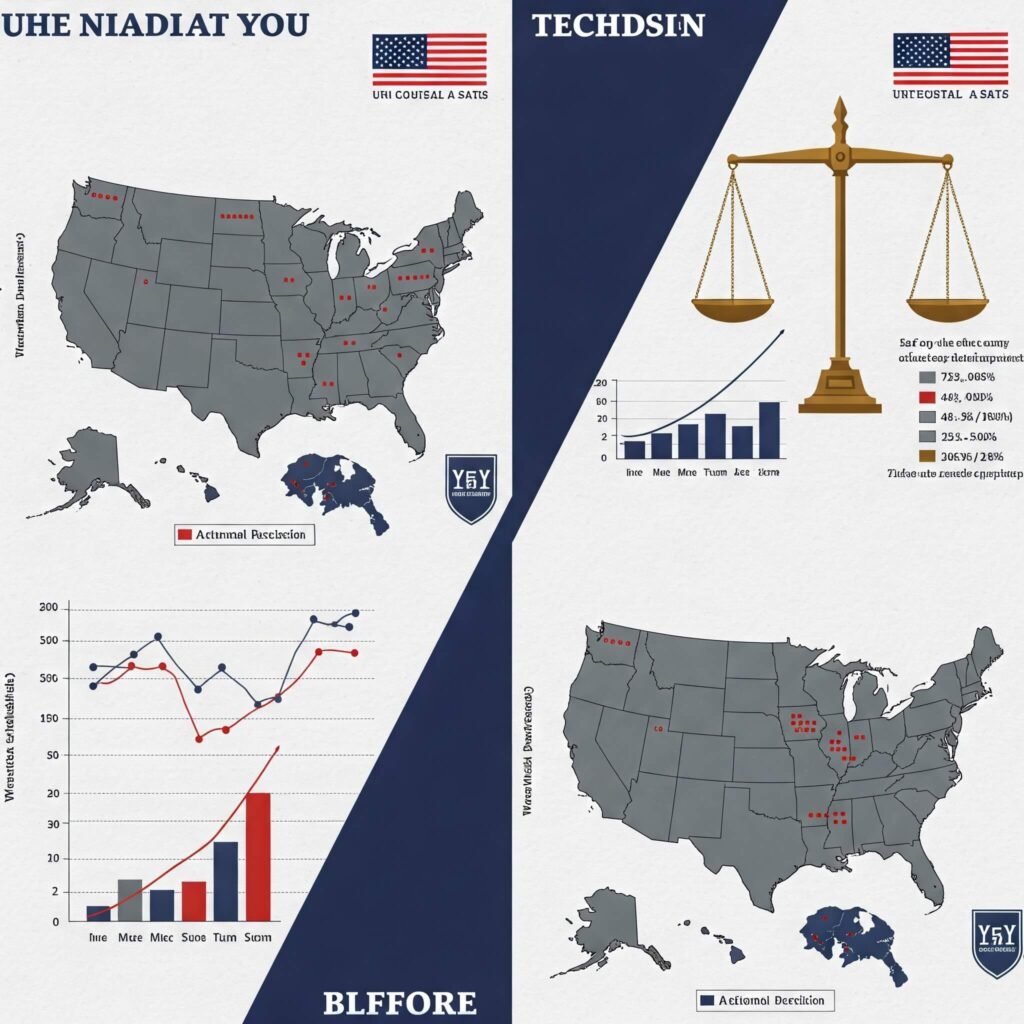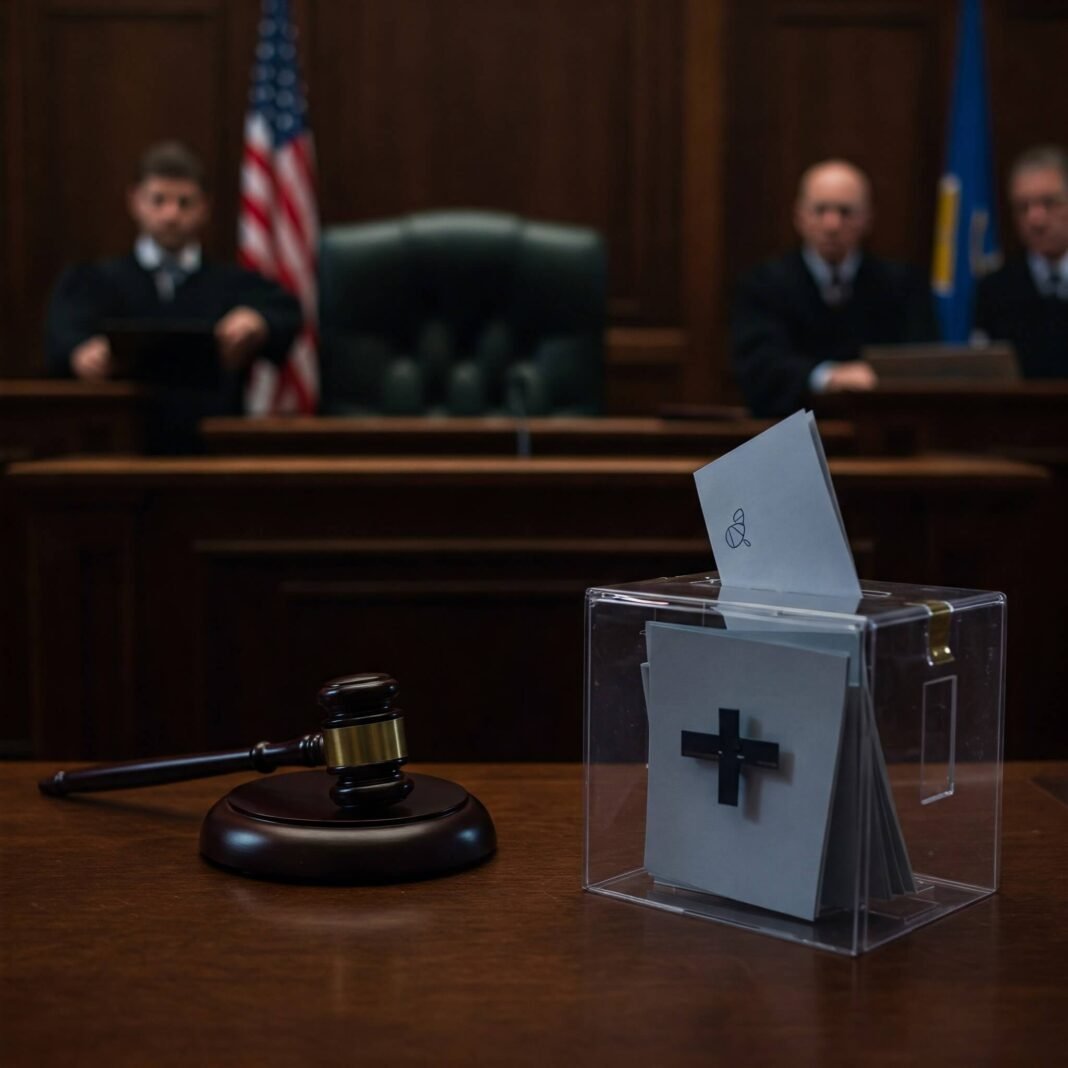Have you ever wondered how much power the judiciary truly holds over our democratic process? Judges and courts can significantly impact who gets elected and how the entire electoral process unfolds. Sometimes, a single court decision changes election outcomes in profound ways. We often focus on candidates, campaigns, and voters. However, legal battles in courtrooms can have an equally, if not more, significant impact.
Before the [Hypothetical Year] election in [Hypothetical Region/Country], a seemingly technical legal challenge moved through the court system. Few people realized that the ruling in [Hypothetical Case Name] would cause a shockwave. It fundamentally altered the election landscape. This case demonstrated the immense judicial impact on elections. The court didn’t just interpret existing election law. It redefined a key voting aspect that had stood for decades.
A Landmark Court Ruling Explained
The case of [Hypothetical Case Name] focused on a challenge to [briefly explain the hypothetical law or process being challenged, e.g., a specific voter ID requirement, a method of counting absentee ballots, the drawing of a congressional district]. The plaintiffs argued this practice unfairly disadvantaged [mention the group allegedly disadvantaged, e.g., a particular demographic group, voters in rural areas].
After weeks of arguments and deliberation, the [Name of the Hypothetical Court, e.g., Supreme Court of [Hypothetical Region]] issued its decision. The court based its ruling on [mention the hypothetical legal basis, e.g., an interpretation of the constitutional right to vote, a finding that the law violated equal protection]. It declared that [state the core of the ruling, e.g., the voter ID law was unconstitutional, the method of counting absentee ballots was invalid, the district map was an illegal gerrymander].
This court ruling was not a minor adjustment. It completely dismantled [reiterate what the ruling changed] just [timeframe, e.g., weeks] before voters headed to the polls.

Immediate Fallout: Ripples Through the Electoral Process
The [Hypothetical Case Name] decision caused intense activity and confusion immediately after the ruling. Election officials in [Hypothetical Region/Country] suddenly faced a monumental task. They had to implement the court’s directive quickly.
Here’s how the court decision changes election preparations almost overnight:
- Voter Eligibility Verification Changed: The previous system was invalid. Election officials had to rapidly implement a new method to verify voter eligibility. This potentially caused delays and uncertainty at polling places.
- Absentee and Mail-in Ballots Affected: If the ruling impacted how these ballots were processed or counted, it created significant logistical hurdles. Concerns about disenfranchisement also arose.
- District Lines Redrawn: In the case of a gerrymandering ruling, officials had to create and distribute entirely new electoral maps. This confused candidates and voters about their districts.
Political campaigns also quickly adapted their strategies. They reallocated resources to address new voting procedures or target voters in newly drawn districts. Legal teams worked around the clock. They sought to understand the full implications of how the court decision changes election rules. They advised their candidates accordingly.

Shifting the Election Outcome: A Direct Result
Beyond the procedural changes, the [Hypothetical Case Name] ruling directly and tangibly impacted the potential election outcome. The court changed the rules of the game close to Election Day. This inadvertently (or intentionally) shifted the playing field.
Consider these potential consequences:
- Changes in Voter Turnout: The new process made it easier or harder for certain groups to vote. This could significantly alter who participated. For example, striking down a strict voter ID law might increase turnout among previously disadvantaged demographics.
- Impact on Close Races: In tightly contested elections, small shifts in turnout or vote counting methods can decide the winner. A court ruling affecting a key demographic or voting method could swing the result.
- Legal Challenges and Recounts: A last-minute ruling often brings ambiguity and rapid implementation. This can lead to further legal challenges and potentially costly recounts. These can delay final results and possibly change them.
In the [Hypothetical Year] election, analysts widely agree the [Hypothetical Case Name] decision played a crucial role. It [explain the hypothetical impact on the election outcome, e.g., increased voter turnout in key areas, led to a narrow victory for one party, or caused a previously safe seat to become competitive]. It powerfully reminded everyone that courts are not just arbiters of justice. They actively participate in shaping our political future.

The Lasting Legacy: More Than One Election
The impact of [Hypothetical Case Name] did not end with the last ballot counted in the [Hypothetical Year] election. This court decision changes election administration and election law for years ahead.
Key takeaways from this hypothetical scenario include:
- Judicial Precedent: The ruling set a new precedent for interpreting [mention the area of law, e.g., voting rights, electoral procedures]. This will influence future cases.
- Legislative Response: Lawmakers may introduce new laws to address issues raised by the court. They might create a new system complying with the ruling.
- Increased Scrutiny: The case highlights the judiciary’s critical role in elections. It may lead to increased public and media scrutiny of election-related legal challenges.
- Call for Clarity: The disruption from a last-minute ruling emphasizes the need for clear election law well before an election.
This hypothetical example shows how a court decision changes election outcomes. It underscores the intricate link between the legal system and democracy. It powerfully illustrates how courtroom decisions have far-reaching consequences. They extend beyond legal arguments. They directly impact voters’ will and the future of our representative government.
Staying informed about election-related legal challenges and court decisions is crucial for engaged citizens. They are not just legal details. They are potential game-changers that can reshape the political landscape.




